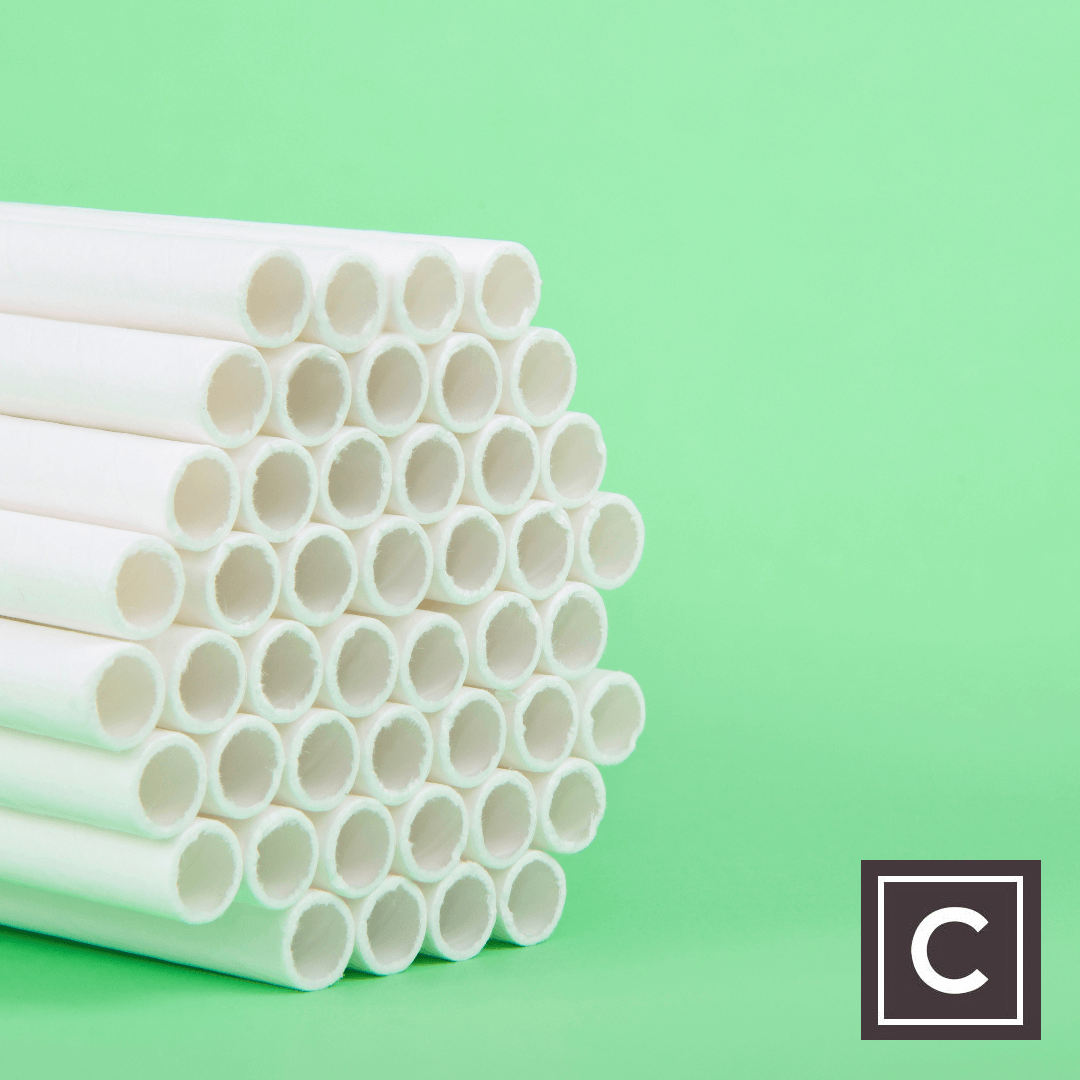Study Questions Eco-Friendliness of Paper Straws Due to Presence of 'Forever Chemicals'
Posted by Emily on 25th Aug 2023 Reading Time:
Belgian researchers have warned that paper drinking straws, often touted as an eco-friendly alternative to plastic, might not be as environmentally benign as believed. The study found that 18 out of 20 brands of paper straws tested contained long-lasting and potentially harmful chemicals known as poly- and perfluoroalkyl substances (PFAS).

This research comes amidst increasing global bans on single-use plastic items, including drinking straws. The UK and Belgium are among those countries phasing out such plastics, promoting plant-based alternatives like paper and bamboo straws.
The study, one of the first of its kind in Europe and only the second globally, analysed 39 brands of drinking straws made from materials like paper, bamboo, glass, stainless steel, and plastic. It found that PFAS were most commonly present in paper and bamboo straws. The findings were published in the peer-reviewed journal Food Additives and Contaminants.
Thimo Groffen, an environmental scientist at the University of Antwerp, and his team conducted two tests on these straws, predominantly purchased from shops, supermarkets, and fast-food outlets. Of the 39 brands tested, 27 (or 69%) contained PFAS, with 18 different types of PFAS identified.
The study revealed that paper straws were the most likely to contain PFAS, detected in 90% of the paper straw brands tested. Bamboo straws were also notably susceptible, with PFAS found in four of five brands.

The study did not investigate whether PFAS would leach into liquids consumed through the straws. However, the concentration levels of PFAS were generally low, suggesting limited immediate risk to human health. Despite this, the team warned that PFAS could accumulate in the body over time, posing long-term health risks.
These 'forever chemicals' are known for their resistance to environmental degradation and have been associated with various health issues, such as lower vaccine response, thyroid disease, and increased cholesterol levels.
Groffen advised consumers to opt for stainless steel straws, where no PFAS were detected, or to refrain from using straws altogether. "While plant-based straws like those made from paper or bamboo are often advertised as sustainable, the presence of PFAS suggests this might not be the case," he concluded.

